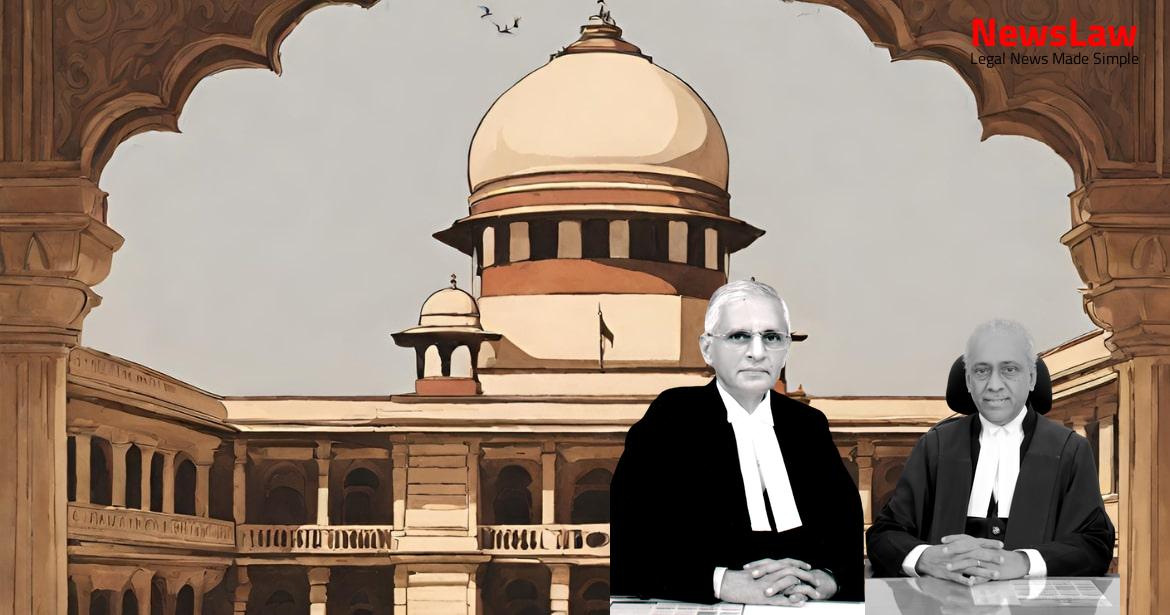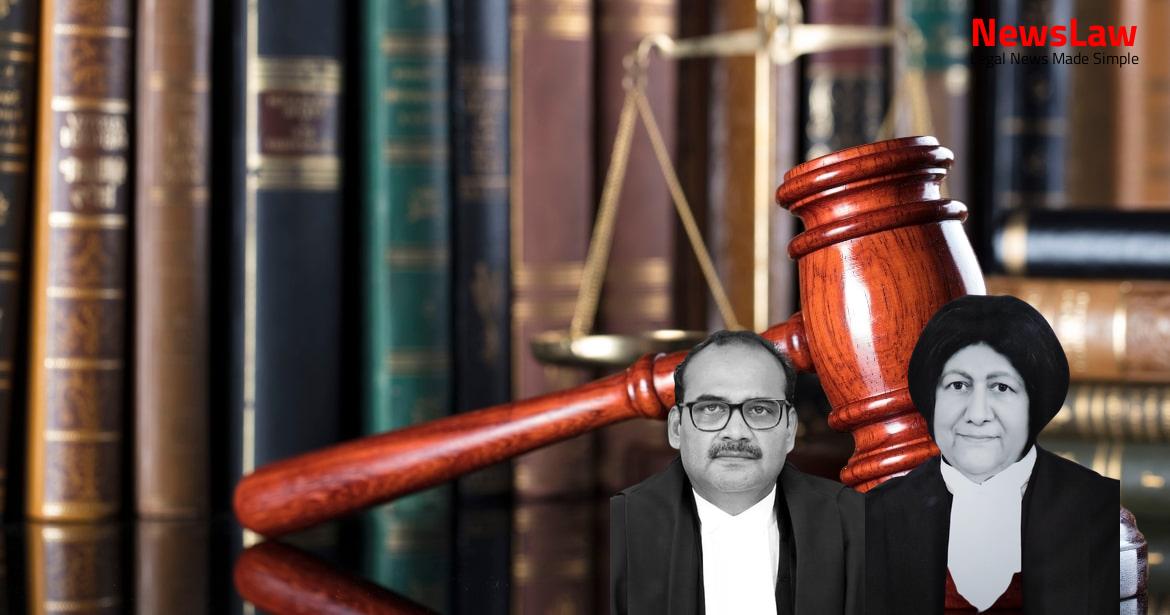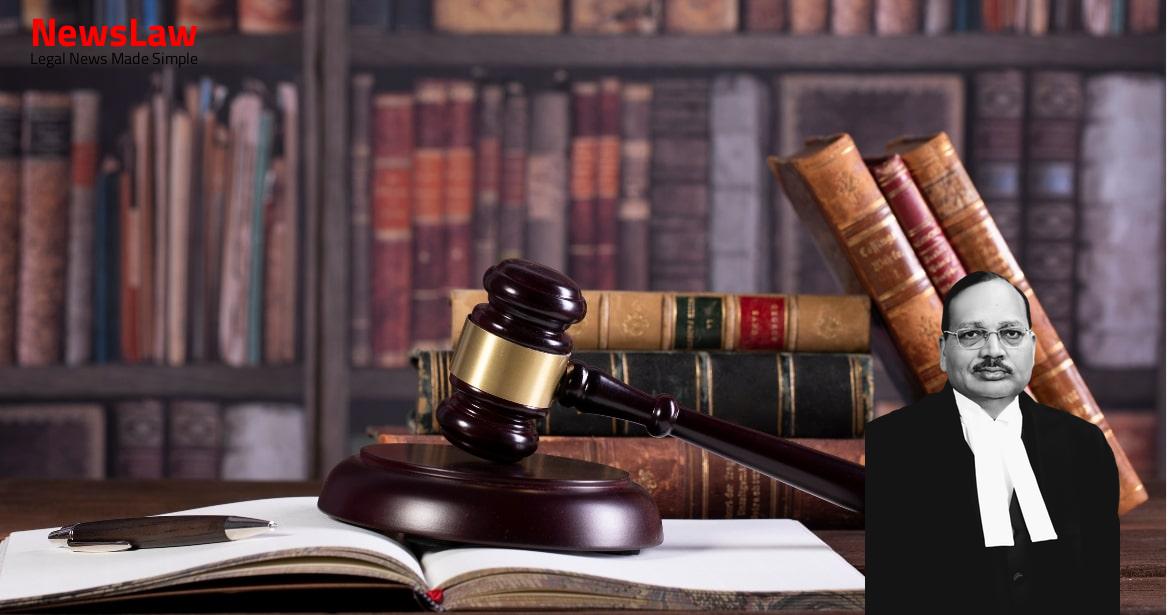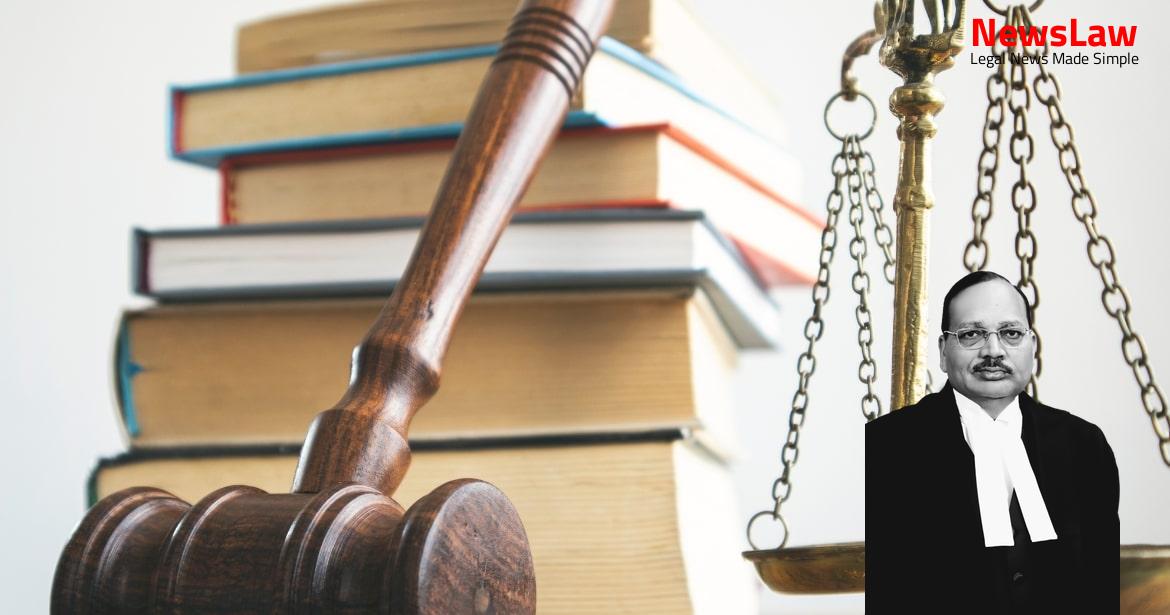Delve into the intricate legal analysis by the court regarding the permissibility of video conferencing in matrimonial cases. Our latest blog post dissects the key arguments and grounds presented in a review petition challenging the use of video conferencing based on a previous judgment. Stay informed about the evolving legal landscape in the digital age.
Facts
- Physical functioning of courts has been stopped since March, 2020 due to the ongoing pandemic.
- All proceedings in courts are being conducted solely through video conferencing.
- The Petitioner sought transfer of HMA No.487 of 2015 from the Principal Judge, Family Court, District Gautambudh Nagar, U.P. to the Court of Principal Judge, Family Court, Saket District, New Delhi.
- Dismissal of Transfer Petition due to lack of serious inconvenience for the petitioner in travelling between Gautambudh Nagar, U.P. and Saket, New Delhi.
- Trial to be conducted at Gautambudh Nagar Family Court through video conferencing.
- Review petition filed citing lack of video conferencing facility at Gautambudh Nagar District Courts.
- Claim that video conferencing is not permissible in matrimonial matters based on a judgment dated 09.10.2017 in the case of ‘Santhini vs Vijaya Venketesh’.
Also Read: Electoral Malpractices in Mayor Election
Decision
- The Review Petition was filed on 20.03.2018.
- The specific part of the judgement under review was identified.
- Key arguments and grounds for the review were presented.
- The court considered the merits of the Review Petition.
- Details of the proceedings and discussions related to the Review Petition were outlined.
Also Read: Balancing Power and Transparency: Electoral Bonds Struck Down, Disclosure Mandated
Case Title: ANJALI BRAHMAWAR CHAUHAN Vs. NAVIN CHAUHAN (2021 INSC 40)
Case Number: R.P.(C) No.-000472 / 2018



